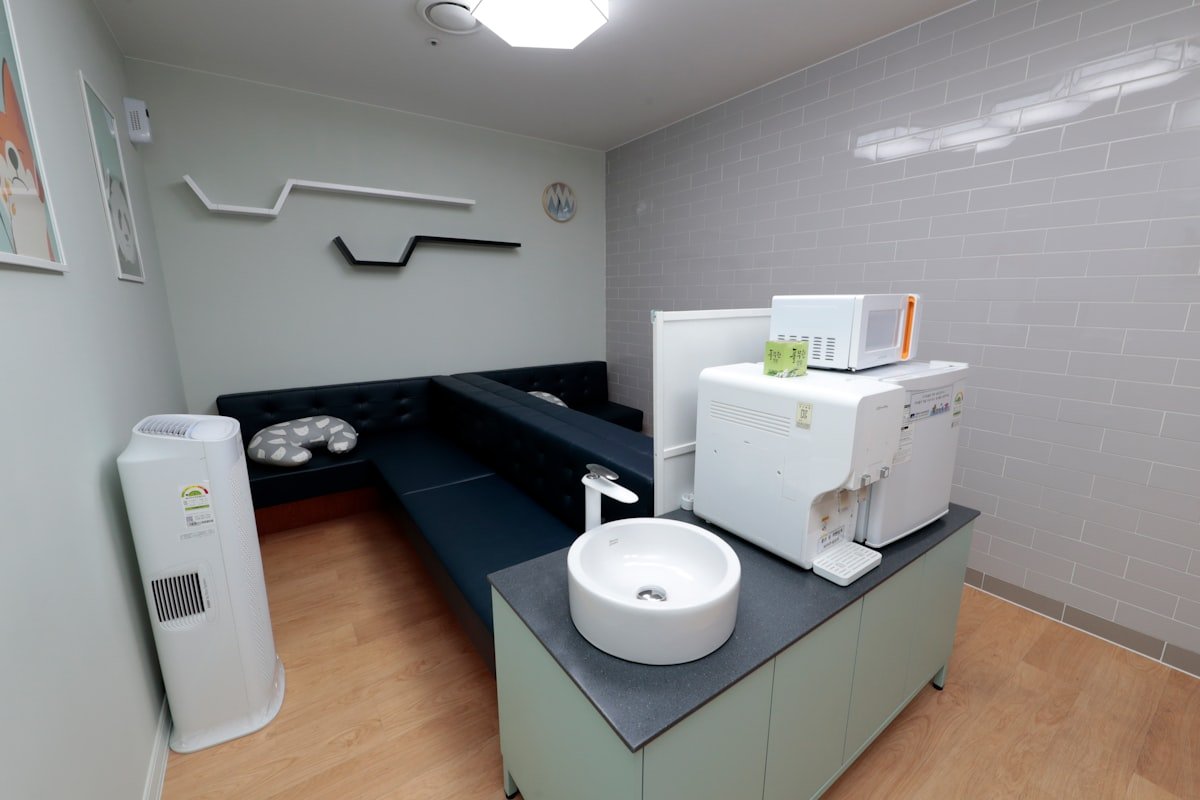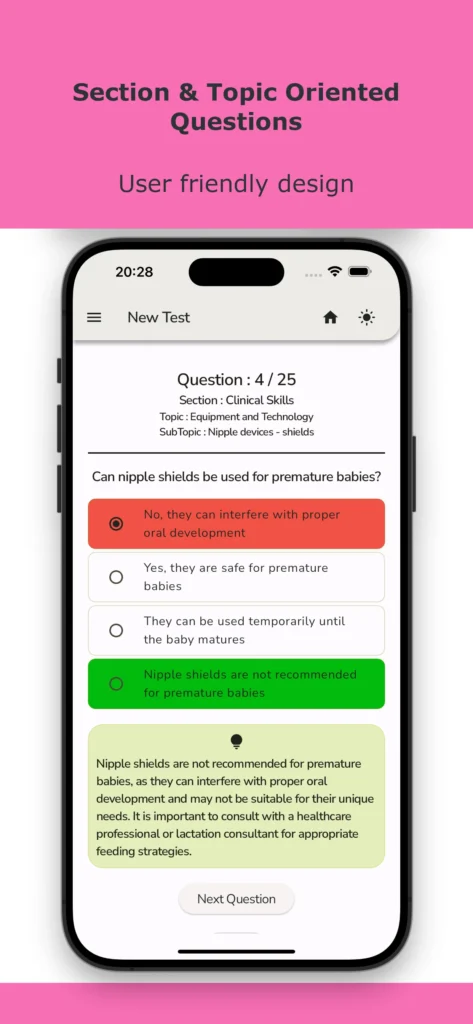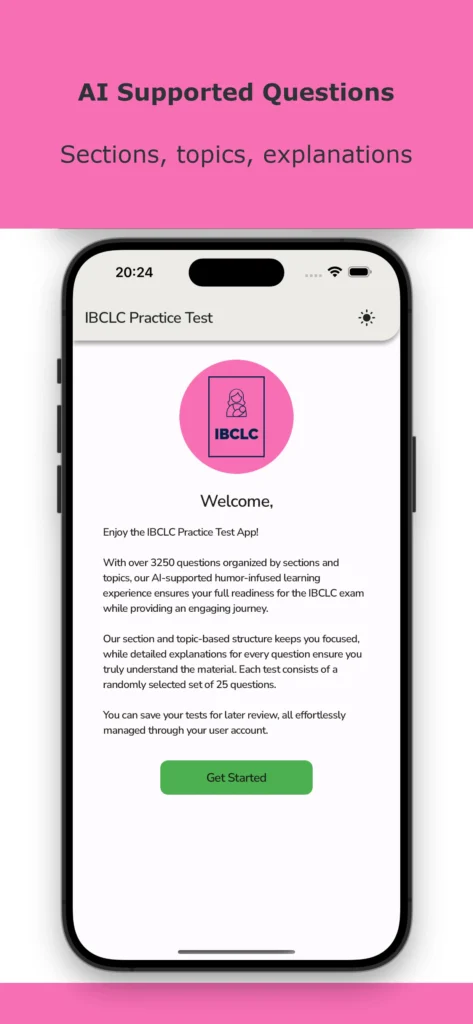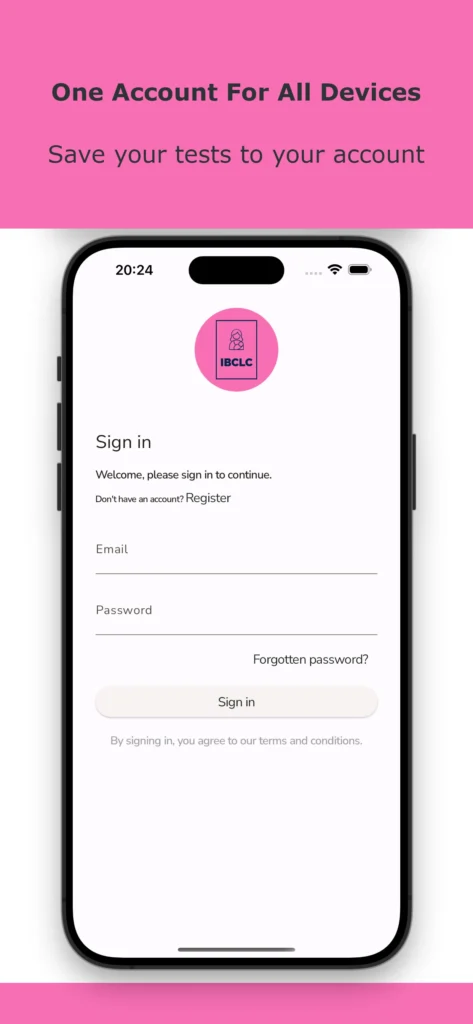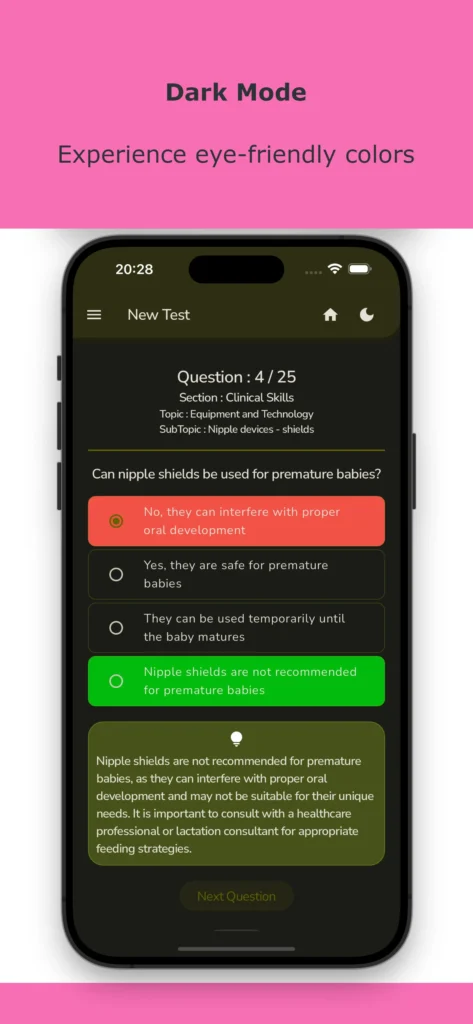Introduction
Welcome to our comprehensive guide on understanding the difference between CLC and IBCLC. If you’re interested in pursuing a career in lactation consulting or simply want to learn more about the field, you’ve come to the right place. In this section, we’ll provide an overview of CLC and IBCLC certifications, highlight the key differences between the two, and explore the various career pathways available.
Before we dive into the details, let’s clarify what CLC and IBCLC stand for. CLC stands for Certified Lactation Counselor, while IBCLC stands for International Board Certified Lactation Consultant. Both certifications are recognized in the field of lactation consulting and play crucial roles in supporting breastfeeding mothers and infants.
What is a CLC?
A Certified Lactation Counselor (CLC) is a healthcare professional who specializes in providing support and guidance to breastfeeding mothers. CLCs are trained to assist with common breastfeeding challenges and provide education on breastfeeding techniques and best practices. They work closely with mothers to help them establish and maintain a successful breastfeeding relationship with their infants.
To become a CLC, individuals must complete a comprehensive training program that covers topics such as anatomy and physiology of lactation, breastfeeding management, and counseling techniques. This training equips CLCs with the knowledge and skills necessary to address a wide range of breastfeeding issues.
CLCs play a crucial role in promoting and supporting breastfeeding within their communities. They work in various settings, including hospitals, clinics, and community organizations, and often collaborate with other healthcare professionals, such as nurses and lactation consultants.
One of the key responsibilities of a CLC is to provide breastfeeding education and support to new mothers. They help mothers understand the benefits of breastfeeding, teach them proper latch and positioning techniques, and offer guidance on overcoming common breastfeeding challenges, such as low milk supply or nipple pain.
In addition to their role in supporting breastfeeding mothers, CLCs also play a vital part in advocating for breastfeeding-friendly policies and practices. They may be involved in community outreach programs, breastfeeding awareness campaigns, and policy development to create a supportive environment for breastfeeding families.
It’s important to note that while CLCs are highly knowledgeable and skilled in breastfeeding support, they have a different level of training and certification compared to International Board Certified Lactation Consultants (IBCLCs). CLCs provide valuable support to breastfeeding mothers, but if a mother requires more specialized or complex assistance, an IBCLC may be recommended.
In summary, a Certified Lactation Counselor (CLC) is a healthcare professional who provides education, support, and guidance to breastfeeding mothers. They play a crucial role in promoting and supporting breastfeeding within their communities and work closely with mothers to help them establish and maintain a successful breastfeeding relationship with their infants.
What is an IBCLC?
An IBCLC, or International Board Certified Lactation Consultant, is a healthcare professional who specializes in providing expert lactation support and guidance to breastfeeding families. IBCLCs are highly trained and knowledgeable in the field of lactation and breastfeeding, and they play a crucial role in helping mothers and babies establish and maintain successful breastfeeding relationships.
To become an IBCLC, individuals must meet specific educational and clinical requirements set by the International Board of Lactation Consultant Examiners (IBLCE). These requirements include completing a minimum of 90 hours of lactation-specific education, acquiring a minimum of 1,000 hours of clinical experience in lactation support, and passing a comprehensive examination.
IBCLCs possess a deep understanding of the anatomical, physiological, and psychological aspects of breastfeeding. They are trained to assess and address a wide range of breastfeeding challenges, including latch difficulties, low milk supply, nipple pain, and infant weight gain concerns. IBCLCs also provide guidance on breastfeeding positions, pumping and storing breast milk, and transitioning to solid foods.
One of the key differences between an IBCLC and other lactation support professionals, such as Certified Lactation Counselors (CLCs), is the level of education and clinical experience required. While CLCs undergo training to provide basic breastfeeding support, IBCLCs have a more extensive and comprehensive education that enables them to handle complex breastfeeding issues.
IBCLCs are often found working in hospitals, birthing centers, pediatric clinics, and private practices. They collaborate with other healthcare providers, such as doctors and nurses, to ensure that breastfeeding families receive comprehensive and evidence-based care.
In summary, an IBCLC is a highly trained and certified lactation consultant who possesses in-depth knowledge and expertise in supporting breastfeeding families. They play a vital role in helping mothers and babies overcome breastfeeding challenges and achieve their breastfeeding goals.
Key Differences Between CLC and IBCLC
What is CLC?
CLC stands for Certified Lactation Counselor. A CLC is a healthcare professional who has completed a comprehensive training program to provide basic breastfeeding support and education to mothers and families. They work in various settings such as hospitals, clinics, and community organizations.
What is IBCLC?
IBCLC stands for International Board Certified Lactation Consultant. An IBCLC is a healthcare professional who has completed extensive education and clinical experience in lactation and breastfeeding. They have also passed a rigorous exam to obtain their certification. IBCLCs provide advanced lactation support and are considered experts in the field.
Training and Education
One of the key differences between CLCs and IBCLCs is the level of training and education. CLCs undergo a shorter training program, typically lasting a few days to a week. On the other hand, IBCLCs complete a more comprehensive and in-depth education program, which includes a minimum of 90 hours of lactation-specific education and 1,000 hours of clinical experience.
Scope of Practice
CLCs primarily focus on providing basic breastfeeding support and education. They can assist with common breastfeeding challenges, such as latching difficulties and milk supply issues. IBCLCs, on the other hand, have a broader scope of practice. They can handle complex breastfeeding issues, provide specialized care for infants with medical conditions, and offer support for mothers with more challenging breastfeeding situations.
Certification and Credentialing
CLCs receive their certification from the Healthy Children Project’s Center for Breastfeeding. IBCLCs, on the other hand, are certified by the International Board of Lactation Consultant Examiners (IBLCE). The IBLCE is the globally recognized authority for lactation certification.
Salary and Career Opportunities
When it comes to salary and career opportunities, IBCLCs generally have more options available to them. They can work in various healthcare settings, including hospitals, private practices, and lactation clinics. IBCLCs also tend to earn a higher salary compared to CLCs. However, it’s important to note that salary can vary depending on factors such as location and experience.
Transitioning from CLC to IBCLC
If you are a CLC and want to become an IBCLC, there is a pathway available. The Pathway 1 option allows CLCs to apply for the IBCLC exam without completing additional education. However, they still need to meet the clinical experience requirements. This pathway provides an opportunity for CLCs to advance their career and expand their knowledge and skills in lactation support.
Conclusion
Both CLCs and IBCLCs play important roles in supporting breastfeeding mothers and families. While CLCs provide valuable basic support, IBCLCs offer advanced care and expertise. The choice between CLC and IBCLC depends on your career goals, level of education, and desired scope of practice. Regardless of which path you choose, becoming a lactation professional is a rewarding and fulfilling career choice.
Salary Comparison
Understanding the Salary Difference Between CLC and IBCLC
When considering a career in lactation consulting, it’s important to understand the salary differences between a Certified Lactation Counselor (CLC) and an International Board Certified Lactation Consultant (IBCLC). While both roles involve supporting and assisting breastfeeding individuals and families, there are some key distinctions in terms of education, certification, and earning potential.
CLC vs. IBCLC: Education and Certification
A CLC is a professional who has completed a comprehensive training program focused on lactation management. This program typically consists of a 45-hour course that covers topics such as breastfeeding techniques, infant development, and common breastfeeding challenges. After completing the training, individuals can take an exam to become certified as a CLC.
On the other hand, an IBCLC is a healthcare professional who has obtained the highest level of certification in lactation consulting. To become an IBCLC, individuals must meet specific educational requirements, complete a minimum of 90 hours of lactation-specific education, gain clinical experience, and pass a rigorous exam administered by the International Board of Lactation Consultant Examiners (IBLCE).
Earning Potential: CLC vs. IBCLC
When it comes to earning potential, IBCLCs generally have a higher salary compared to CLCs. This is primarily due to the additional education, training, and experience required to become an IBCLC. The advanced knowledge and expertise possessed by IBCLCs allow them to work in a variety of settings, including hospitals, private practices, and public health organizations.
According to the International Lactation Consultant Association (ILCA), the average salary for an IBCLC in the United States ranges from $60,000 to $80,000 per year. However, it’s important to note that salaries can vary depending on factors such as geographic location, years of experience, and the specific employment setting.
On the other hand, the average salary for a CLC is typically lower than that of an IBCLC. CLCs often work in community-based settings, such as WIC clinics, where the salary may be influenced by government funding and budget constraints. While specific salary data for CLCs may be more challenging to find, it’s estimated that the average salary for a CLC ranges from $30,000 to $50,000 per year.
Advancement Opportunities: CLC to IBCLC
Many individuals start their journey in lactation consulting by becoming a CLC. The CLC certification provides a solid foundation in lactation management and allows individuals to gain practical experience working with breastfeeding families. However, some CLCs may choose to pursue further education and become an IBCLC to expand their career opportunities and increase their earning potential.
The pathway from CLC to IBCLC involves meeting the educational requirements set by the IBLCE, gaining additional clinical experience, and passing the IBCLC exam. By becoming an IBCLC, individuals can access a wider range of job opportunities, work in more specialized settings, and potentially earn a higher salary.
Conclusion
While both CLCs and IBCLCs play crucial roles in supporting breastfeeding individuals and families, there are differences in terms of education, certification, and earning potential. IBCLCs generally have a higher salary due to their advanced education and expertise. However, starting as a CLC can provide a solid foundation for individuals interested in pursuing a career in lactation consulting and can serve as a stepping stone towards becoming an IBCLC.
Pathway from CLC to IBCLC
What is the Difference Between CLC and IBCLC?
Before discussing the pathway from CLC to IBCLC, let’s first understand the difference between the two certifications. CLC stands for Certified Lactation Counselor, while IBCLC stands for International Board Certified Lactation Consultant.
A Certified Lactation Counselor (CLC) is a professional who has completed a comprehensive training program and passed an exam to provide basic breastfeeding support and education to families. They are trained to assist with common breastfeeding challenges and provide guidance on breastfeeding techniques.
On the other hand, an International Board Certified Lactation Consultant (IBCLC) is a healthcare professional who has obtained the highest level of certification in lactation management. IBCLCs have extensive knowledge and clinical experience in breastfeeding and lactation support. They are qualified to provide specialized care to breastfeeding families, including assessing and managing complex breastfeeding issues.
The Pathway from CLC to IBCLC
If you are a Certified Lactation Counselor (CLC) and wish to advance your career as an International Board Certified Lactation Consultant (IBCLC), there is a pathway available to achieve this goal.
The first step is to gain the necessary clinical experience. As a CLC, you may already have some experience working with breastfeeding families. However, to become an IBCLC, you need to accumulate a minimum of 1,000 hours of lactation-specific clinical practice. This can be obtained through volunteering, internships, or paid positions in settings such as hospitals, clinics, or private practices.
Once you have gained the required clinical experience, you can start preparing for the IBCLC exam. The exam is administered by the International Board of Lactation Consultant Examiners (IBLCE) and consists of multiple-choice questions that assess your knowledge and skills in lactation management. It is important to note that the exam is rigorous and requires thorough preparation.
In addition to clinical experience and passing the exam, you must also meet the educational requirements set by the IBLCE. This includes completing specific coursework in lactation and breastfeeding, which can be obtained through approved educational programs. The coursework covers topics such as anatomy and physiology of lactation, infant development, breastfeeding management, and ethics in lactation practice.
Once you have met all the requirements, including clinical experience, passing the exam, and completing the necessary coursework, you can apply to become an IBCLC. Successful completion of this process allows you to use the IBCLC credential and practice as an International Board Certified Lactation Consultant.
Benefits of Becoming an IBCLC
Transitioning from a CLC to an IBCLC offers several benefits. Firstly, as an IBCLC, you have a higher level of expertise and knowledge in lactation management, allowing you to provide more comprehensive care to breastfeeding families. This can lead to increased job opportunities and career advancement.
Secondly, the IBCLC credential is internationally recognized and respected. It demonstrates your commitment to professionalism and high standards of lactation care. This can enhance your credibility and reputation as a lactation consultant.
Lastly, becoming an IBCLC opens doors to further professional development and specialization. IBCLCs have the opportunity to pursue advanced certifications, engage in research, and contribute to the field of lactation science.
Conclusion
The pathway from CLC to IBCLC involves gaining clinical experience, passing the IBCLC exam, and completing the necessary educational requirements. Becoming an IBCLC offers numerous benefits, including increased expertise, international recognition, and opportunities for professional growth. If you are a CLC looking to advance your career in lactation support, pursuing the IBCLC certification is a valuable step forward.
Conclusion
In conclusion, understanding the difference between CLC and IBCLC is crucial for anyone interested in pursuing a career in lactation consulting or seeking support for breastfeeding. While both certifications focus on providing lactation support, there are key distinctions that set them apart.
The Certified Lactation Counselor (CLC) certification is a basic level certification that equips individuals with the knowledge and skills to support breastfeeding families. CLCs are trained to provide education, counseling, and basic breastfeeding management. They often work in hospitals, clinics, and community settings, offering guidance and assistance to new mothers.
On the other hand, the International Board Certified Lactation Consultant (IBCLC) certification is the highest level of lactation credential. IBCLCs undergo extensive training and education, including clinical experience, to become experts in lactation and breastfeeding management. They are qualified to provide comprehensive lactation care, including assessment, diagnosis, and treatment of breastfeeding issues. IBCLCs often work in hospitals, private practices, and public health settings, offering specialized support to breastfeeding families.
While both CLCs and IBCLCs play important roles in supporting breastfeeding, the IBCLC certification offers a higher level of expertise and scope of practice. IBCLCs are equipped to handle complex breastfeeding challenges and provide advanced lactation care. They often work collaboratively with healthcare professionals to ensure the best outcomes for breastfeeding families.
It’s important to note that the salary and career opportunities may vary between CLCs and IBCLCs. IBCLCs, with their advanced training and expertise, may have higher earning potential and more career advancement opportunities. However, both certifications provide valuable skills and knowledge that can make a difference in the lives of breastfeeding families.
If you’re considering a career in lactation consulting, it’s essential to carefully evaluate your goals, interests, and resources. Research the requirements and pathways for both CLC and IBCLC certifications to determine which one aligns with your aspirations. Additionally, consider seeking guidance from experienced lactation professionals or organizations to gain further insights.
In summary, CLC and IBCLC certifications are both valuable credentials for individuals passionate about supporting breastfeeding families. Whether you choose to become a Certified Lactation Counselor or an International Board Certified Lactation Consultant, your dedication to promoting breastfeeding and providing lactation support will make a positive impact on the lives of mothers and babies.

